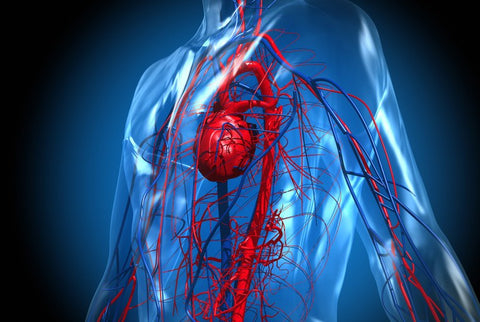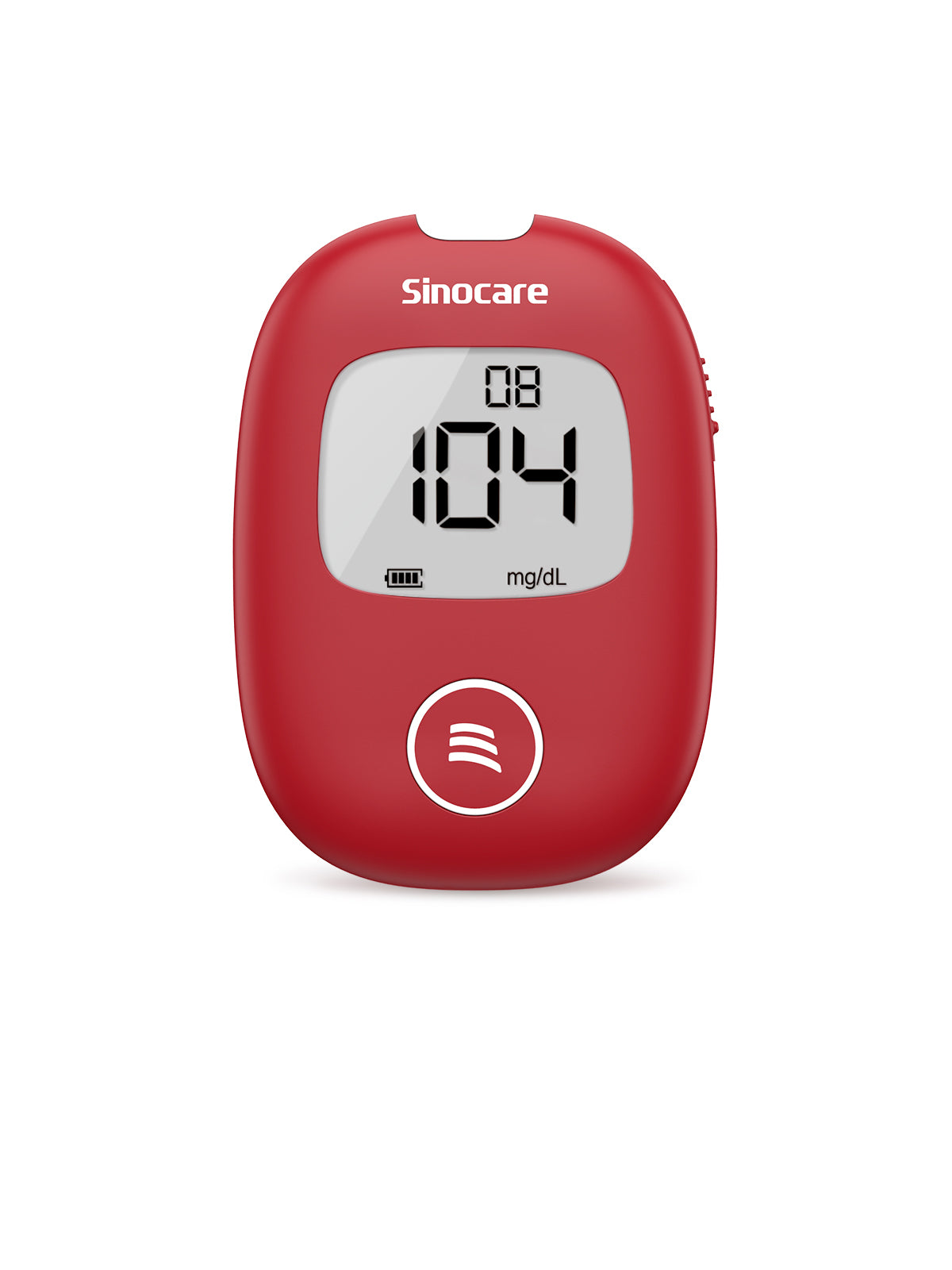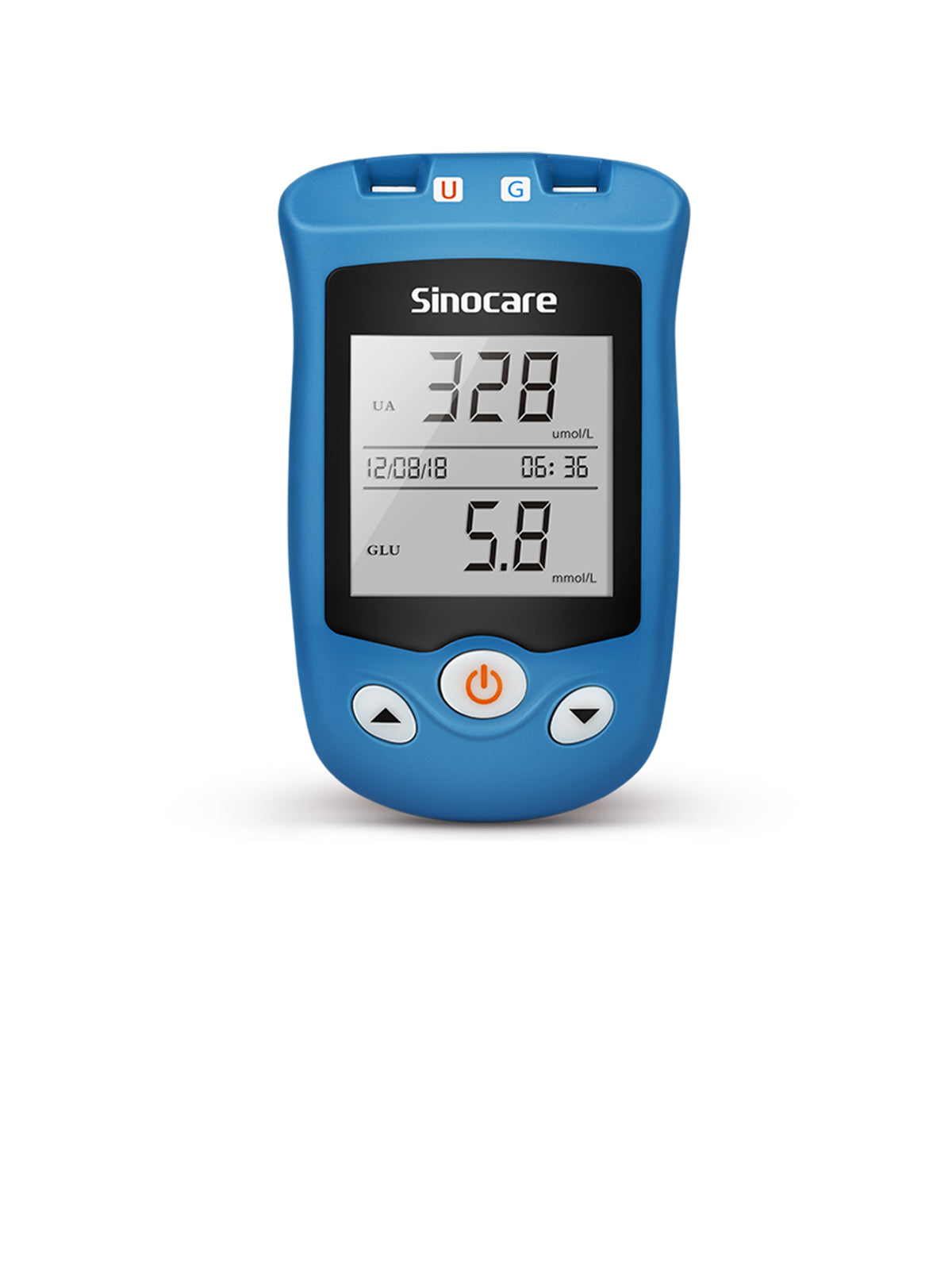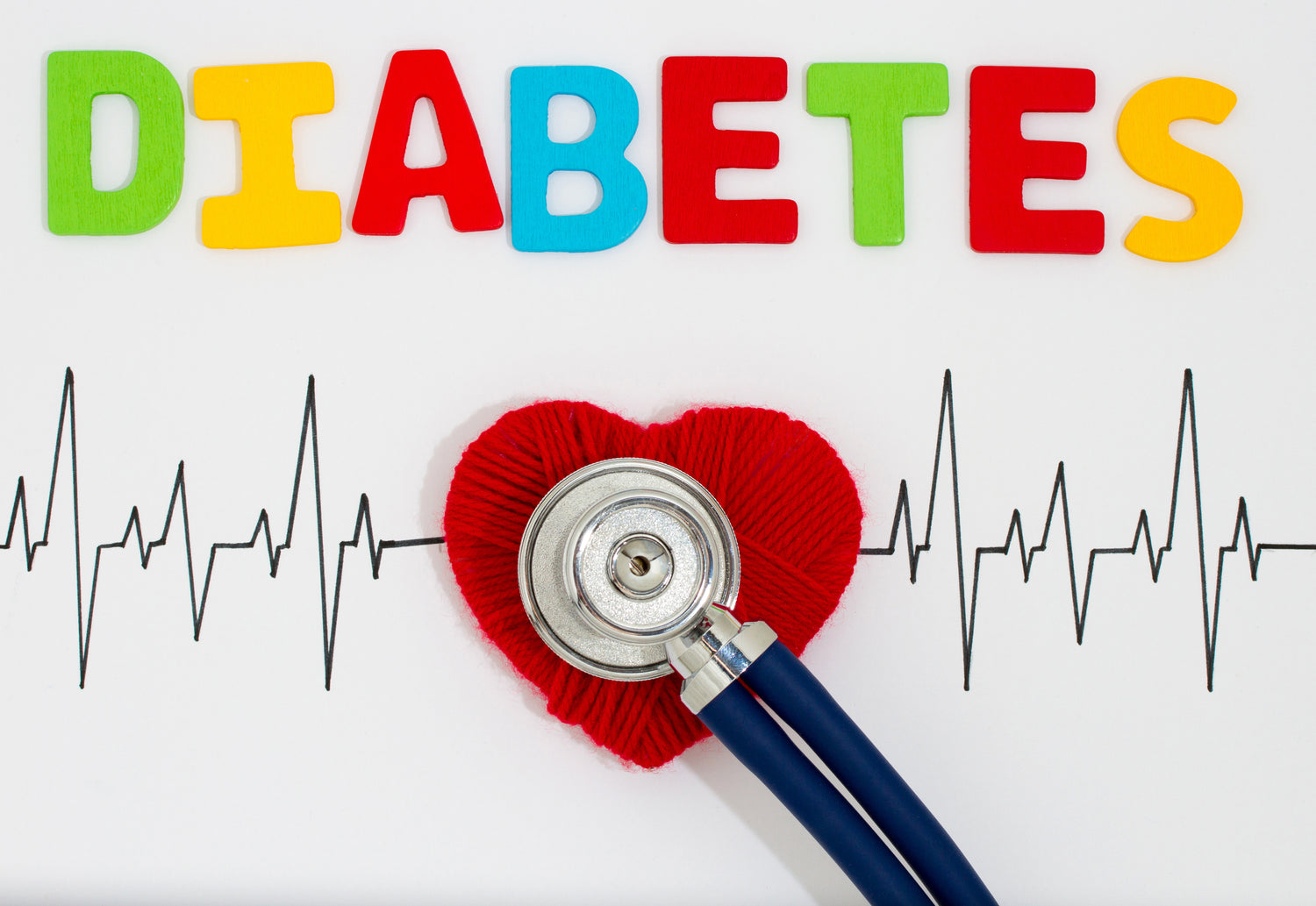Diabetes is featured by the symptoms of polydipsia, polyphagia, polyuria, and weight loss clinically. However, roughly half of people with diabetes boast atypical clinical symptoms, even no obvious symptoms at the very beginning. And then a certain complication is followed.
Against this backdrop, what signals are there to indicate the happenings of diabetes complications?
1. Signals from eyes
People with diabetes should pay attention to the fact that they have vision loss or shadows in front of their eyes. Long-run high blood glucose (hyperglycemia) leads people to retinopathy and cataracts. The elderly are prone to attribute its symptoms to age, but people with diabetes need to check this issue.
2. Signals from the mouth
Bleeding, swollen and loose gums can be founded in the symptoms. Vascular disease and neuropathy lead people with diabetes to boast local microcirculation disorders in periodontal issues, low immunity and susceptibility to injury and infection. If people are caught in the diabetic bone disease, they can also result in alveolar osteoporosis, and aggravate periodontal disease.
3. Signals from the skin
The patient feel itchy throughout the body, and have skin damage such as folliculitis, boils, carbuncle, and blisters. What's worse, it even causes local skin ulcers and gangrene, and the wounds fail to heal easily. It’s common for people with diabetes to have fungal infections, covering tinea cruris, and onychomycosis, etc., which mostly occur in moist and warm parts of the body (vulva, under the breast, between the toes), and are common in people with obesity and high blood sugar.
4. Signals from the limbs
Symmetrical paresthesias in the distal extremities often indicate peripheral neuropathy. The typical symptoms cover the distal limbs, formication, acupuncture sensation, burning sensation, and pain sensation. In the late stage, patients may experience a complete loss of pain, temperature and touch. Meanwhile, their limbs are easy to be injured unconsciously due to lack of neuroprotection.
5. Signals from sweat glands
Some patients are unconscious to sweat following having a meal. It can be seen from the upper body, covering head, chest and back. Autonomic nerve damage is characterized by abnormal sweating.
6. Signals from the kidneys
At the primary stage, the patient may have no symptoms. The routine urine examinations come to be normal with increasing urinary microalbumin excretion. Early-stage diabetic nephropathy can be detected by urine microprotein testing. Once the health condition becomes serve, it will lead to kidney failure in the end. What they can do is to hemodialysis and kidney transplantation.
7. Signals from the gastrointestinal tract
Long-term hyperglycemia can damage the autonomic nerves of the gastrointestinal tract and cause gastrointestinal dysfunction. Some patients may suffer from full upper abdomen and intractable constipation while others may suffer from diarrhea and constipation alternatively.
8. Signals from the cardiovascular system
There is an accelerated heartbeat at rest, with a heart rate of over 90 to 100 beats per minute. The heart rate of normal people at night is lower than that during the day, while the heart rate of such patients does not change much. In addition, some patients show orthostatic hypotension. When the patient stand up, it is often accompanied by a drop in blood pressure, dizziness, palpitation, and even fainting.

9. Signals from bones
People may suffer from osteoporosis when they feel sore about their back and are prone to hunchback. As is known to all, bone is tempered by a large amount of calcium based on protein (collagen). Due to the high blood glucose, the kidneys excrete too much glucose while calcium in the blood gains dramatic losses with urine. Besides, lack of insulin allows people with diabetes to have insufficient collagen synthesis.
10. Signals from the gonads
In the early stage of the disease, patients can ejaculate and enjoy orgasm with the symptom of penile erection. With the condition being served, complete impotence may happen. As such, hyposexual function is a sign of diabetes complications.
11. Signals from increased nocturia
If the volume of nocturia is greater than half of the total volume of urine in a day or the ratio of the increasing frequency of urination between day and night, it is considered to be nocturia. In addition to this symptom, people with diabetes suffer from lack of sleep, energy, loss of appetite, and so on.
Conclusion
Complications related to diabetes are complicated as well as unexpected. Many people with diabetes are prone to lead to serve conditions. Under such circumstances, people should be wary of the early symptoms. By doing so, they can enjoy a comfortable life and suffer less pain.










Leave a comment
All comments are moderated before being published.
This site is protected by hCaptcha and the hCaptcha Privacy Policy and Terms of Service apply.